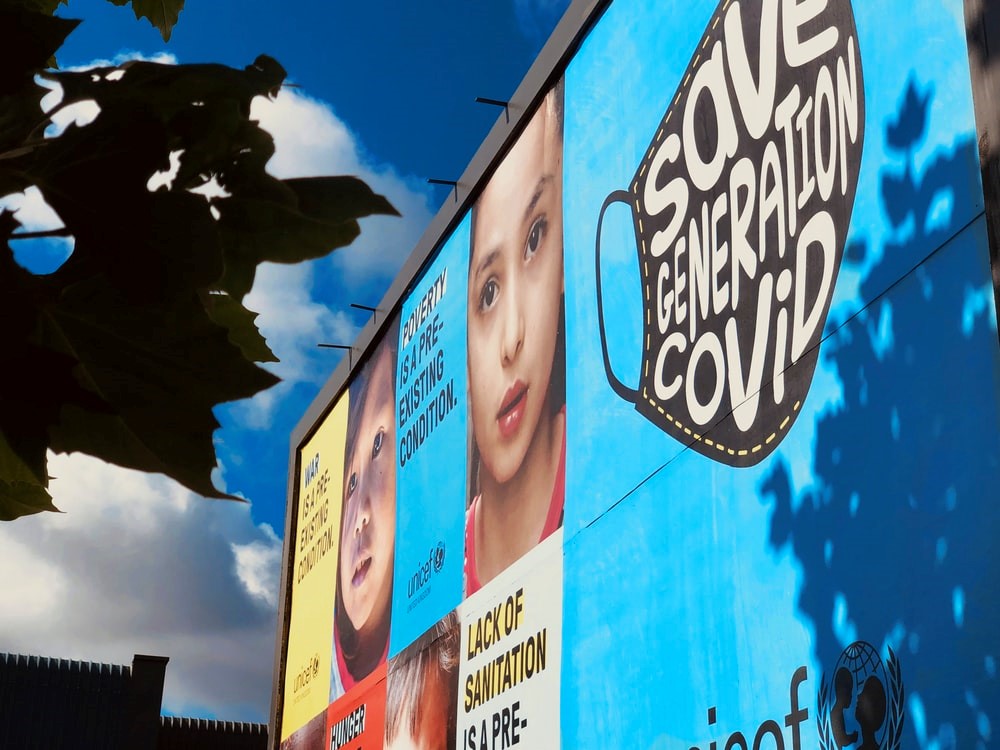|
The impact of Covid 19 on work and the economy is at least as dramatic as its impact on personal and public health. The pandemic has greatly accelerated innovations in the ways people work with enormous benefits and some sinister effects too. This should herald a new era of widespread social innovation. You do not need a degree in economics to understand that if the pandemic has stopped you from making a living you can either survive on your savings (if you have any) or borrow against the future (if you can) or rely on help from others. Family and friends, communities and governments, are all playing roles in providing relief. People are not equally affected by the pandemic of course. Creativity and a capacity to change are always good allies but objective circumstances vary tremendously making change much harder for some. If the pandemic has boosted your business, you use your creative faculties to make the most of it and scale up. Good for you. If the pandemic has threatened your work, you use your adaptive acumen to figure out how to keep business going. This might be quite challenging. If the pandemic has devastated your work you use your resourcefulness to transform your work or you change jobs. It can be a tough struggle. No doubt navigating the pandemic favors the creative mind and the change mindset. No doubt the best routes to eradicating a pandemic altogether are through scientific and social innovation. But in the meantime many existing problems get worse. For entrepreneurs or established companies launching a new technology, disruption is exciting. For those who have lost their jobs, disruption is anything but, and, the jobs that vanish because of innovation are often less well paid jobs. The fact that innovation is contributing to the significant rise in inequality in most countries of the world cannot bode well for social cohesion. The best way to face the challenges of innovation that are being amplified by Covid 19 is through more innovation not less. It is time for social innovation to bloom and this is a challenge to governments and public administrations the world over. New approaches to market regulation are called for when online technologies create monopolies. Social support for reskilling is necessary and especially valuable when labor-saving technology is not accompanied by the creation of an equal amount of similar jobs. The public sector itself has a duty to use cost-minimizing and labor-saving technology to better serve its citizens. The time is ripe for innovation and digital government. Public organizations and NGOs should embrace design thinking, innovation labs and fast change. And the time is ripe to address that wicked inequality issue by imaginative new solutions such as Universal Basic Income and shortening the working day, financed by taxes on excessive wealth. The economics of a pandemic and the economics of innovation are telling us that now is the time for a boom in social innovation.  I am a keynote speaker, author, consultant and trainer in leadership, creativity and innovation. Contact me for a workshop or a presentation at [email protected] or register for my newsletter at www.dimis.org. You can also connect with me on LinkedIn, Facebook and Twitter.
1 Comment
11/12/2023 04:42:18 am
In what ways can governments encourage and support the development of social innovation ecosystems to boost economic resilience and inclusivity?
Reply
Leave a Reply. |
LATEST POSTS
Archives
July 2021
|

